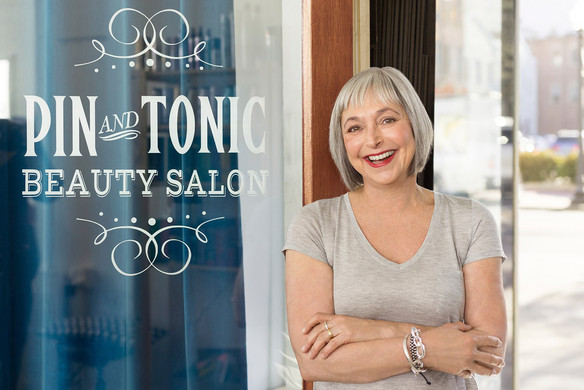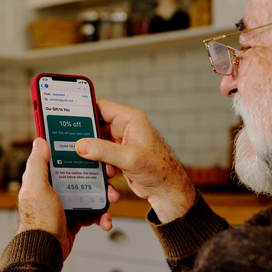When it comes to branding, the first line of advice is often to find ways to differentiate yourself from the competition. And for a lot of successful businesses, that has been the key. There are countless examples of brands that have doubled down on a specific value proposition to become the juggernauts they are today.
Zappos, for example, found its footing outside of other online shoe retailers for its above-and-beyond customer service. Southwest Airlines has hung its hat on convenience. Amazon is one of the most innovative companies on the planet because of its lightning-speed delivery times. And Apple has carefully crafted a sense of brand cachet around its products.
However, in order to successfully differentiate, companies have to be the absolute best player in the market when it comes to a particular attribute. Otherwise, the effort falls flat. That’s why for some products that are arguably pretty similar, differentiating branding from competitors isn’t necessarily the way to go.
Research published in the Harvard Business Review suggests that in many cases, it’s better for companies to emphasize the same selling points as their rivals.
In today’s information-saturated world, a barrage of competing marketing messages for similar products may lead to what the researchers call the dilution effect. That is, trumpeting multiple messages causes all of them to dilute, thereby losing their impact. Consumers may even tune them out completely.
The authors point to two top bottled water brands — Evian and Nestle — as examples. Evian was quick to establish itself as one of the first leaders in the space. It accomplished this in part with its marketing, which touts the “purity” of its product, sourced straight from the clear waters of the Alps.
One would think that new companies entering the market would focus on a different message — say, “lifestyle”— to stand apart from Evian. But Nestle marketed its new bottled water product around purity as well, something it knew had proven resonance with consumers. It even called its water Pure Life, and now it has a healthy 30-percent share of the bottled water market.
But even if you’re going after the same core messages as your competitors, there are different ways to get there.
Like Evian, Pure Life aligned itself with purity, but it did so by marketing its advanced water purification techniques as opposed to sourcing from pristine corners of the earth. By doing this, Nestle still hit at the purity value proposition but targeted the message at people who trust technological purification processes over natural.
Of course, marketing of any kind only works if the value proposition actually strikes a chord with people. Nailing down what consumers want requires legwork. Things like focus groups and customer surveys are instrumental exercises here — and the results will oftentimes challenge your assumptions.
Identify your competitors and evaluate your business’ areas of strength, weakness, opportunity, and threat (SWOT) using this competitor analysis template.
![]()











